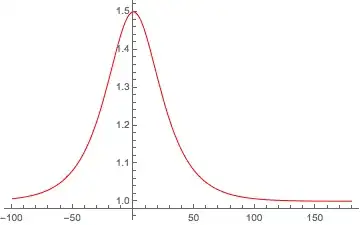A shock wave is the final stage of a nonlinearly steepening wave that has reached a balance between steepening and energy dissipation resulting in a discontinuity.
A shock wave results from a nonlinearly steepening compressional mode that has reached a balance between nonlinear steepening and energy dissipation. Nonlinear wave steepening arises from the the $\left( \mathbf{V} \cdot \nabla \right) \mathbf{V}$ term -- often called the nonlinear or steepening term -- in the equations of motion. Energy dissipation is the transformation of energy from one form (e.g., bulk kinetic energy) to another (e.g., heat) through an irreversible process like wave dispersion (e.g., $\propto \ \beta \ \partial_{x}^{3} v$), viscosity (e.g., $\propto \ \nu \ \partial_{x}^{2} v$), friction (e.g., $\propto \ \zeta \ v$), etc. Generally it is assumed that the disturbance which drives the compression (often referred to as a piston, though it need not be an actual piston) move faster than the relevant speed of communication in the given medium, e.g., the speed of sound in Earth's atmosphere, for a shock wave to form.

Nonlinear wave steepening is the process by which a wave front can change its profile because the wave phase speed depends upon the wave amplitude. For instance, conceptually one can say that the peak of a wave will propagate faster than the trough, resulting in a pile up in the direction of propagation. A sound wave is a compressive mode that behaves in such a way. In fact, were it not for dissipative effects, a sound wave produced by a spoken word would steepen until it either broke or formed a shock, depending upon whether dissipation balanced steepening.
In summary, there are a few points to consider:
- If the dissipative effects dominate over the nonlinear term, then the wave will not steepen.
- If the nonlinear term dominates the dissipative term(s), then the compressive fluctuation will steepen until it reaches a gradient catastrophe where it becomes a multi-valued function. This is also known as wave breaking, which is often seen in surface water waves.
- If the dissipative effects balance the nonlinear term and the disturbance propagates at least as fast as the relevant communication speed, then a shock wave can form.